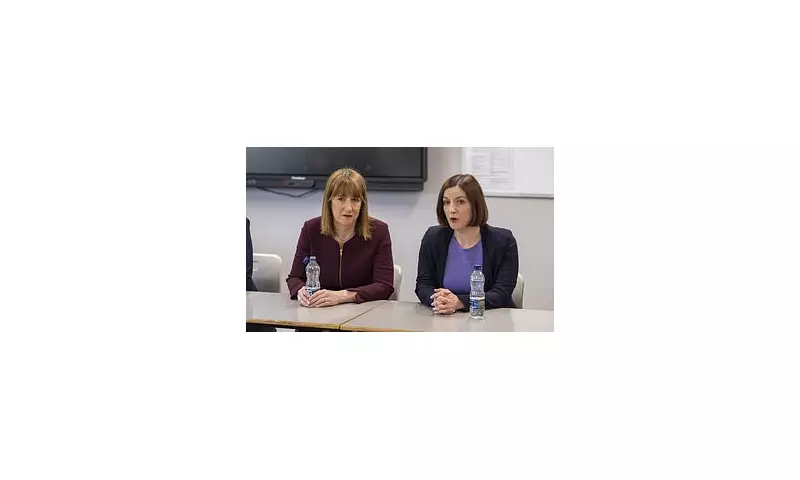
In a stunning admission that has sent shockwaves through Westminster, Labour Chancellor Rachel Reeves has openly hinted at breaking a key manifesto pledge on income tax, just months after taking office.
The Pledge Under Pressure
During a high-profile interview, Ms Reeves refused to guarantee that the government would maintain its commitment to freeze income tax rates, despite this being a cornerstone of Labour's election campaign. The Chancellor pointed to the "difficult inheritance" from the previous Conservative administration as justification for potential policy shifts.
"We have been clear that we will make the difficult decisions necessary," Reeves stated, carefully avoiding direct confirmation of the tax freeze that many voters believed was set in stone.
Conservative Backlash
The opposition was quick to pounce on what they're calling "Labour's first major U-turn." Conservative MPs have accused the government of preparing to break promises made to the British public during the election campaign.
"This is exactly what we warned would happen," one senior Tory source commented. "Labour made promises they knew they couldn't keep, and now hardworking taxpayers will pay the price."
Economic Realities Bite
The Chancellor's comments come amid growing concerns about the state of public finances and economic challenges facing the new government. Key factors influencing the potential policy shift include:
- Higher-than-expected public borrowing requirements
- Pressure on public services funding
- Economic uncertainty in global markets
- Inherited fiscal challenges from previous government
What This Means for Taxpayers
If Labour does break its manifesto commitment, millions of British workers could face higher tax bills at a time when many households are already struggling with cost of living pressures. The potential changes could affect:
- Basic rate taxpayers earning over £12,570
- Higher rate taxpayers on incomes above £50,270
- Additional rate taxpayers earning over £125,140
The political fallout from this potential U-turn could be significant, undermining voter trust in the new government's commitment to its election promises.
A Pattern Emerging?
Political analysts are watching closely to see if this represents a broader pattern of the Labour government distancing itself from campaign commitments now that they hold power. The coming weeks will be crucial in determining whether this is strategic positioning or the beginning of significant policy reversals.
As the debate intensifies, all eyes remain on Number 11 Downing Street and whether the Chancellor will follow through with what opponents are already calling "Labour's tax bombshell."






